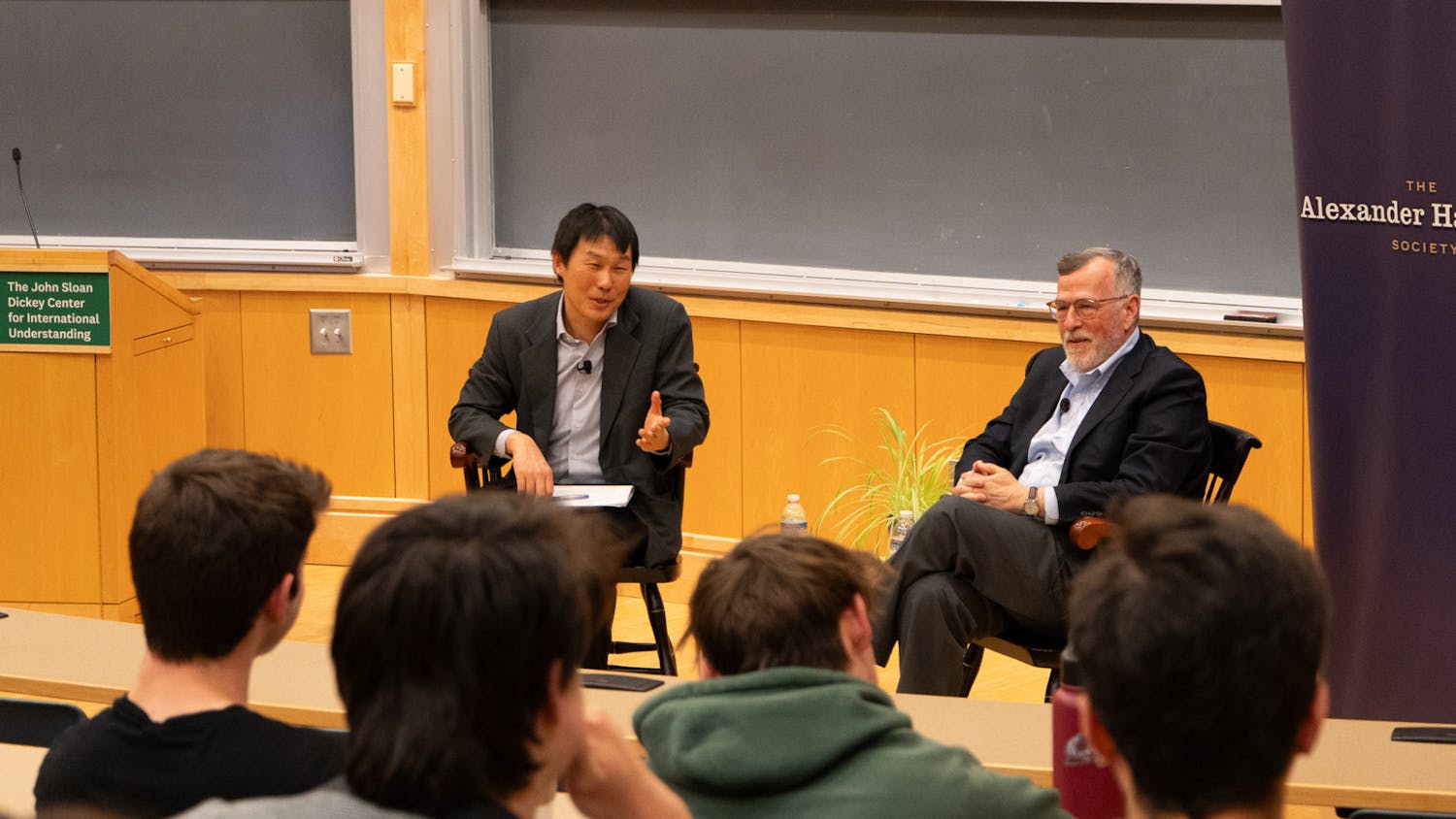It started with a slide by Manny Machado, an ugly slide to be sure, on Friday, April 21. What followed was a war of words between the Baltimore Orioles and Boston Red Sox that crescendoed when Matt Barnes’ pitch narrowly missed Machado’s head two games later. As is the case whenever teams exact vigilante justice by throwing at an opponent, a conversation on baseball’s unwritten code of conduct ensued.
Let’s start with Machado’s slide. Was it late? A bit but certainly not criminally so. Was it high? Yes, but Machado did not come in high — his leg raised upon arriving at second base. Was Machado’s intent to injure Dustin Pedroia? I don’t think so. This was a bang-bang play. Mark Trumbo hit a chopper to set the play in motion. Because the ball was not hit sharply, Machado, who runs well, had a decent chance to slide in safely to second. As a consequence, Machado came in hot, and his slide appeared to get away from him. He immediately reached toward Pedroia upon making contact, trying to keep the diminutive second baseman from falling, then stood over him in a way that seemed to reflect contrition. Pedroia himself said he didn’t think Machado slid with the intention of inflicting injury.
The slide was more unfortunate than anything else. Machado erred on his way into the bag, came in too high and injured Pedroia. It is a shame that Pedroia had to miss time over the play, but that does not mean the play was in any way malicious or deserving of retribution. It was just a quick-developing play that unfolded poorly. However, as is ever the case in baseball, the incident was not forgotten; the unwritten rules wouldn’t allow Machado’s “offense” to go unrequited.
Enter Barnes, a 6-foot-4-inch righty who debuted for the Sox in 2014. In a 6-0 game with the Red Sox in the lead, Barnes fired a pitch that ended up behind Machado’s head. In his attempt to ensure justice with regard to unwritten rules, Barnes violated another one of said unwritten rules when he threw at a player’s head. To be clear, throwing at a player was not Barnes’ crime. This practice has been a part of the game since its origin, but Barnes did not throw at Machado’s ribs or thigh; he targeted the Orioles infielder’s head, a big and obvious no-no. Barnes was ejected and suspended four games for the pitch.
Incidents like this one are not all that uncommon. If I switched a few names around and maybe threw in a bat flip, I could probably run the same column about a handful of incidents over the course of the season, and all of them spark the same debate about unwritten rules — when they should be applied and whether any of this comportment has a place in the game.
While certain baseball purists preach that this kind of “policing” must remain, I have always found it foolish. I understand that teammates feel an obligation to support and protect one another, but I do not see how throwing at people accomplishes this end.
For one point, how can you ever say for certain what a player’s intent was? I wrote earlier in this column that I think Machado meant no harm with his slide; clearly, some of the Red Sox disagreed. Who is right? Only Machado knows, but regardless, shouldn’t we avoid throwing at each other and prolonging incidents based on speculation?
My biggest issue with this policing business lies in the threat to player safety it poses. Barnes was adamant that the 90-mph fastball got away from him, that he was not trying to throw near Machado’s head. For the sake of argument, let’s assume Barnes was telling the truth, an assumption I don’t think is unreasonable. The fact remains that, whether he meant to or not, Barnes came very close to plunking Machado in the head with a 90-mph fastball. Imagine if he had done this and, in addition to paying the huge price baseball’s pro-player policing crowd seems to associate with having a baseball thrown near one’s body, Machado was placed on the disabled list. Who knows? Maybe we’d be talking about a concussion or broken jaw that sidelined Machado for a long time or even altered or ended his career.
Such a fate would be a shame, even if Machado were some recent minor league call-up with little prospect of ever sticking the big leagues for a long time. However, Machado is a bona fide superstar and among the league’s best players. Why would baseball as a sport ever risk losing one of its finest over a slide that might have been dirty? Is it because Machado could have hurt Pedroia significantly? What is the message here? If your guy goes down on a freak play, you better make damn sure you take down whoever caused the incident in the first place. Is that really what we’re going for?
Like a reliance on ERA or batting average in player evaluation, this thought process represents one more archaic component of America’s pastime that needs to be left behind. More than any other sport, baseball prides itself on its tradition and shows extreme reluctance at altering long-standing norms. Perhaps the biggest reason this kind of incident still happens is that no one is very interested in stopping it. At the moment, one of the biggest reasons we still see these incidents is that neither the league nor the players’ union wants longer suspensions for offenders like Barnes.
So what is the solution? A rewriting of the unwritten rules. Players need to come to a collective understanding that this kind of behavior is not the future of the league. In some ways, it seems as though it is already happening. Pedroia, very much an old school ballplayer in the modern game, condemned the way his team handled the whole affair. We need more of this attitude. The future of the game involves the Machados of the world excelling on the field, keeping with the game’s written rules and not being held back by its unwritten ones.



